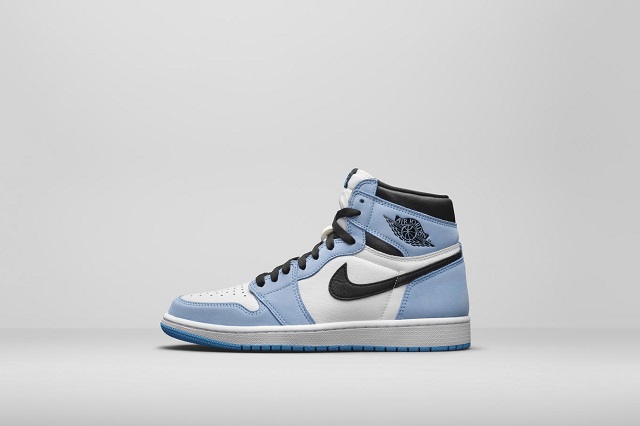
If you’ve heard of the phrase “forex”, it refers to a network of people who purchase and sell currencies at a fixed rate. Individuals, businesses, and central banks all use forex to exchange one currency for another.
Most currency conversions are done for profit, even though many foreign exchange transactions are done for practical reasons. Large amounts of currency are exchanged every day to trade FX, which causes currencies to fluctuate. Volatility in the forex market makes it appealing to traders, as it increases the potential for profit and raises the risk.
How Do the Currency Markets Work?
Over-the-counter (OTC) trading is the norm in the currency market, unlike in the stock or commodity markets. Traders in the foreign exchange market operate from four major trading hubs in separate time zones: London, New York City, Sydney, and Tokyo. The lack of a centralised site provides the ability to trade FX round the clock.
The FX Market May Be Divided Into Three Types:
- If you’re trading on the spot forex market, you’re exchanging one currency pair for another right away or within a short time after the deal has been concluded.
- A contract that will be settled to buy or sell a specific quantity of currency for the stated price at a specified date or dates in the future.
- Specified amounts of a given currency are traded in the future FX market at a predetermined price and date (also known as a forward contract).
Most forex speculators do not intend to buy the currency they are speculating on; instead, they make exchange rate forecasts to profit from market moves.
What Drives the FX Market?
Predicting currency exchange rates in a foreign exchange market is problematic for various reasons. Learn about supply and demand dynamics in the forex market if you’re interested in getting into the business.
Central Banks
The value of a currency can be significantly affected by supply-control measures announced by central banks. Through quantitative easing (QE), the value of an economy’s currency can be devalued.
Reports From the Media
Banks and other investors place their money in countries with promising futures. Investors and demand for the currency of a particular region will rise in response to the good news about that region.
The supply-demand imbalance will drive up the currency’s price unless the supply increases in lockstep. Similarly, a nasty piece of news can lead to a fall in investment and a drop in the value of a currency. Since currencies tend to reflect economic health in the regions they represent, it’s no surprise that they fluctuate.
The Mood in the Market
Market sentiment may influence currency prices, typically influenced by the news. A currency’s demand can be increased or decreased by traders who feel the currency is moving in a specific direction.
Data About the Economy
The economy’s performance and the central bank’s future policy decisions are inextricably linked to currency price fluctuations, so economic data is essential.
Ratings of a Company’s Credit
As an investor, you’ll want to maximise your return while minimising your risk. Investors may use credit ratings and interest rates, and economic data when making investment decisions.
Rating a country’s ability to pay back its debts is done by a third party agency. When a country’s credit rating is high, investors are more likely to place money in that country. Credit rating changes, for example, are an excellent time to talk about this. Depending on a country’s credit rating, the value of its currency might grow or decline.



